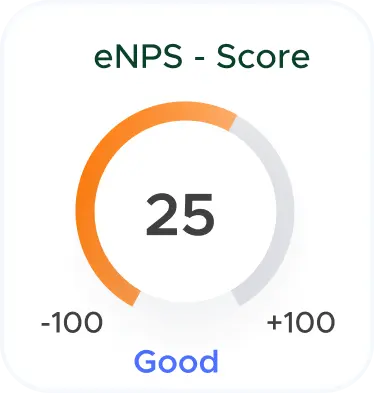Generación X
Generation X refers to the demographic cohort born between the early 1960s and the early 1980s, following the Baby Boomer generation and preceding the Millennial generation. The exact years that define Generation X can vary slightly depending on different sources and definitions.
Generation X grew up during a time of significant societal and technological changes. They experienced the advent of personal computers, witnessed the rise of the internet, and were influenced by cultural shifts such as the Cold War's end and globalization's emergence.
Members of Generation X often exhibit distinct characteristics shaped by their unique upbringing. They are known for their independence and self-reliance, as many grew up in dual-income or single-parent households. This generation faced economic challenges and witnessed job market fluctuations, which fostered their pragmatic and adaptable nature.
Generation X is often associated with a sense of skepticism and a questioning of authority and institutions. They came of age during social and political upheaval, including events like the Watergate scandal, the AIDS crisis, and economic recessions. These experiences influenced their worldview and fostered a critical mindset.
What is Generation X?
Generation X refers to the demographic cohort that follows the Baby Boomers and precedes the Millennials. It is a generational term for individuals born between the early 1960s and the early 1980s. The exact boundaries for Generation X can vary slightly depending on different sources and definitions.
What years are Generation X?
Generation X is typically defined as the generation born between 1965 and 1980. However, the range has some flexibility, and different sources may use slightly different years to define the generation.

.svg)













.svg)



.svg)
.svg)